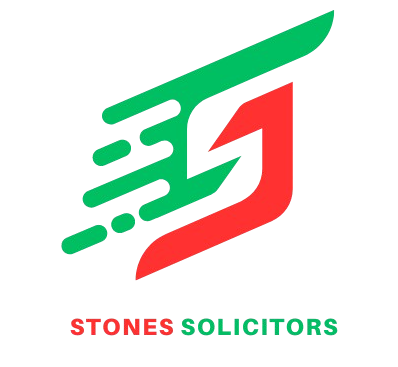1. Benefits of Pressure Washing
1.1 Enhanced Curb Appeal
A clean exterior can significantly improve the appearance of your property. Pressure washing removes stains, mold, and mildew, making surfaces look new and well-maintained. This is especially beneficial if you’re planning to sell your home or just want to boost its visual appeal.
1.2 Increased Property Value
Regular pressure washing can help maintain and potentially increase the value of your property. Clean and well-kept surfaces can attract potential buyers and ensure that your property stands out in the market.
1.3 Healthier Environment
Mold, mildew, and algae growth can pose health risks, especially for individuals with respiratory issues. Pressure washing eliminates these contaminants, promoting a healthier living environment.
1.4 Preventative Maintenance
Routine pressure washing can prevent the buildup of harmful substances that can lead to damage over time. For instance, removing dirt and grime from siding and driveways can extend their lifespan and reduce the need for costly repairs.
2. Types of Pressure Washing
2.1 Residential Pressure Washing
This includes cleaning the exterior of homes, driveways, sidewalks, decks, and patios. Residential pressure washing is often done to maintain appearance and prevent damage.
2.2 Commercial Pressure Washing
Commercial pressure washing services cater to businesses and larger properties. This includes cleaning building facades, parking lots, and industrial equipment. Regular cleaning can enhance the professional image of a business and ensure safety for employees and customers.
2.3 Specialized Pressure Washing
Some situations require specialized equipment or techniques. For example, soft washing is a gentler method used for delicate surfaces like roofs, which might be damaged by high-pressure streams.
3. Choosing the Right Pressure Washing Service
3.1 Assess Your Needs
Determine the type of surfaces you need to clean and the level of dirt or contamination. This will help you decide whether to use a professional service or handle the job yourself.
3.2 Understand Equipment and Techniques
Different surfaces and contaminants require different pressure levels and techniques. Professionals have the expertise and equipment to choose the right approach for each job.
3.3 Consider Safety
Pressure washing can be dangerous if not handled correctly. High-pressure water streams can cause injury or damage surfaces if used improperly. Professionals Tunbridge Wells Jet Washing are trained to handle the equipment safely and effectively.
3.4 Get Quotes and Compare Services
If hiring a professional, obtain quotes from multiple companies and compare their services. Look for reviews and check their credentials to ensure you’re choosing a reputable provider.
4. DIY vs. Professional Pressure Washing
4.1 DIY Pressure Washing
For small, manageable jobs, a DIY approach can be cost-effective. Renting or purchasing a pressure washer and following safety guidelines can achieve satisfactory results. However, proper training and knowledge are essential to avoid damage.
4.2 Professional Pressure Washing
For larger or more complex jobs, hiring a professional is often the best choice. Professionals have access to high-grade equipment, expertise in various cleaning techniques, and can handle challenging tasks safely and efficiently.
5. Maintenance and Care
After pressure washing, it’s important to maintain the cleanliness of surfaces. Regular maintenance, such as routine inspections and cleaning, can help prevent the accumulation of dirt and contaminants.
Conclusion
Pressure washing is a powerful and versatile cleaning method that can enhance the appearance and longevity of various surfaces. Whether you choose to tackle the job yourself or hire a professional, understanding the benefits and techniques of pressure washing will help you make informed decisions and achieve excellent results. Clean surfaces not only look better but also contribute to a healthier and more valuable property.
